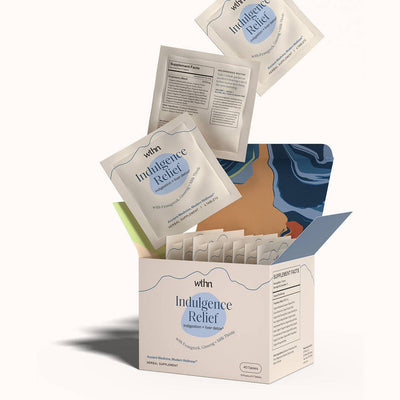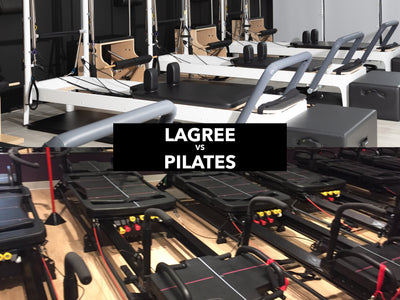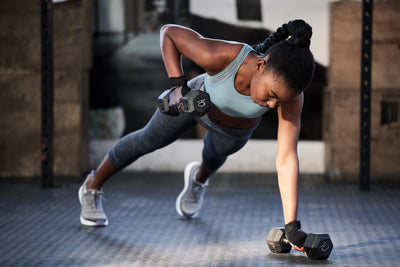Protein is crucial for maintaining, building, and repairing muscles. Whether you're working to maintain your body composition, improve muscle strength, or simply aiming for better health as you age, knowing your protein needs and how to meet them can make all the difference. This article breaks down daily protein requirements for men and women, explains why protein needs increase with age (especially for women), and explores how to boost your intake, including through supplements like collagen products, such as The Fit In’s Full Body Collagen + Ashwagandha.
Understanding Lean Body Mass and Protein Needs for Men and Women
Before diving into protein requirements, it’s essential to understand lean body mass (LBM) and its role in determining your protein needs. Lean body mass represents everything in your body excluding fat. This includes muscles, bones, organs, water, and connective tissues—essentially, all the components that support your body’s structure and function.
How to Find Your Lean Body Mass
Lean body mass can vary widely between individuals, and it’s typically assessed using body composition analysis tools, like the InBody 570, available for booking at The Fit In. This tool uses advanced bioelectrical impedance technology to measure body composition and provide detailed data on muscle mass, fat mass, and more. By understanding your specific lean body mass, you can more accurately calculate your protein needs based on your unique physiology.
Calculating Protein Requirements Based on Lean Body Mass
Once you know your lean body mass, you can tailor your protein intake to support your goals. Here’s a breakdown of recommended protein intake based on different goals:
Why Protein Needs Increase with Age, Especially for Women
As we age, maintaining muscle mass becomes vital for metabolism, balance, and bone health. For women, menopause brings hormonal changes that can further reduce muscle and bone density, increasing the risk of osteoporosis and frailty. A higher protein intake can help counter these effects by promoting muscle retention and aiding in bone health, especially when combined with strength-training exercises.
How to Boost Your Protein Intake
There are many ways to get more protein and it doesn’t all have to come from traditional sources. Here’s how you can increase your intake:
Tips for Adding More Protein to Your Daily Diet
-
Start with Protein at Breakfast: Try adding Greek yogurt, eggs, or a protein shake to your morning routine.
-
Snack Smart: Nuts, seeds, and cottage cheese make great high-protein snacks.
-
Enhance Soups and Smoothies: A scoop of protein powder, collagen, or Greek yogurt can increase protein content in soups, smoothies, and even some baked goods.
- Choose High-Protein Grains: Quinoa, farro, and amaranth have higher protein content compared to other grains and are easy additions to salads and bowls.
Final Thoughts
Understanding your protein needs based on your goals, age, and body composition can greatly influence your health and fitness outcomes. While lean meats, dairy, and plant-based proteins remain excellent sources, collagen supplements like The Fit In's Full Body Collagen + Ashwagandha offer an added boost for skin, joint, and muscle health, especially as we age. With a balanced diet, strategic protein intake, and perhaps some collagen supplementation, staying strong and active at any age is well within reach.








Leave a comment